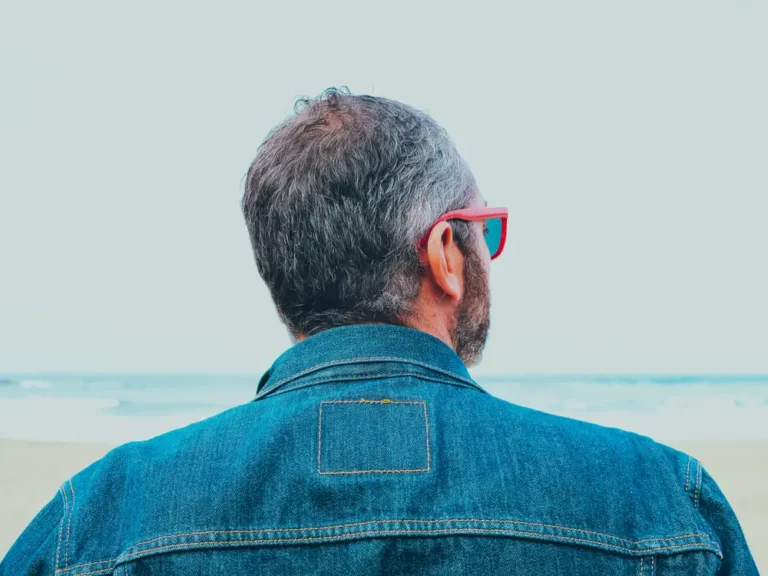Bay Area poll: 86% of residents support CARE Court mental health overhaul. How will it work?

The program started Monday in seven counties, including San Francisco, and will roll out statewide by 2024
California’s CARE Court system, a new initiative to make it easier for judges to compel mentally ill residents into treatment plans and facilities, goes into effect Monday in seven pilot counties, including San Francisco, the only Bay Area county where the program is currently in place.
Gov. Gavin Newson spearheaded the initiative, which aims to help homeless people who are too sick or unwilling to seek care by bringing them indoors and providing treatment toward recovery.
By the end of next year, all counties in California must have implemented civil mental health courts. Statewide, officials estimate that 7,000 to 12,000 people may be eligible for the program.
According to a new poll conducted by the Bay Area News Group and Joint Venture Silicon Valley, 86% of respondents in the core five-county region support CARE Court. It’s a clear manifestation of growing dissatisfaction with officials’ inability to assist many of those on the street suffering from severe mental illnesses.
“I interpret statements like that as expressions of dissatisfaction with the status quo,” said Dr. Margot Kushel, director of the Benioff Homelessness and Housing Initiative at the University of California, San Francisco. However, disability rights organizations raise valid concerns about the program, and medical professionals “don’t make decisions based on public opinion,” she claims.
Newsom appears to be on the right track by focusing on the chronically mentally ill, a small but visible subset of the state’s estimated 171,000 homeless people. CARE Court received strong support across all racial and ethnic groups, ages, and income levels in the survey. Surprisingly, Republicans and Democrats support it at the same rate: 87%.
Dr. Mark Ghaly, secretary of the California Health and Human Services Agency, described CARE Court as the centerpiece of a larger effort to overhaul the state’s mental health care system in a press conference ahead of Monday’s launch. California voters will most likely decide on a multibillion-dollar ballot measure next year to reform mental health funding and add thousands of treatment beds.
“When you look at our behavioral health system across California, it has many parts where people are falling through the cracks,” Ghaly stated. “This bold system transformation is meant so that everyone, every Californian, can see themselves in it, their families, their loved ones, and their communities.”
How does CARE Court function?
The new initiative is aimed at people suffering from severe, long-term schizophrenia and other untreated psychotic disorders. Participants do not have to be homeless to participate.
The program allows families, first responders, behavioral health professionals, and others who have a close relationship with someone suffering from severe mental illness to refer someone to the court. A judge can then order patients to follow an individually tailored treatment, medication, and housing plan.
The plan would be valid for one year and could be extended for another year. If patients do not comply, they may be referred to more restrictive treatment in a locked facility or jailed if a criminal case is pending. Patients, on the other hand, cannot be medicated or imprisoned solely for refusing to follow a treatment plan.
While disability rights advocates argue that the program may violate people’s personal freedoms, officials say the goal is not to force patients into facilities or conservatorships against their will, but rather to work with them to achieve voluntary participation.
This month, the program will be launched in seven pilot counties: San Francisco, Orange, San Diego, Riverside, Stanislaus, Glenn, and Tuolumne. In December, Los Angeles County will launch its CARE Court.
Is the mental health system in the state prepared?
According to a 2021 RAND study, California requires over 4,700 treatment beds and 3,000 long-term residential care beds. According to think tank researchers in Santa Clara County, at least 700 beds are needed, which is more than double the available supply.
Newsom is expected to put a ballot measure approved by state lawmakers before voters in March 2024 to strengthen the state’s mental health care system.
The bill would raise nearly $6.4 billion, which would be used to build approximately 10,000 psychiatric treatment units. It would also redirect approximately $1 billion currently spent on county efforts such as outpatient care and crisis response to housing programs such as rental subsidies and navigation services, a move criticized by some advocates who fear the money will be diverted to involuntary treatment facilities.
How do I refer a family member to CARE Court?
People in San Francisco can refer loved ones to CARE Court by completing a form and submitting it online or in person at the county courthouse. More details can be found at https://sf.courts.ca.gov/divisions/civil-division/care-act-court.
Other Bay Area counties will share more information about local mental health courts in the run-up to their December 2024 opening.
If you or someone you know is experiencing depression or suicidal thoughts, the National Suicide Prevention Lifeline provides free, 24-hour support, information, and resources. Call or text the lifeline at 988, or visit the 988lifeline.org website, which includes live chat.






